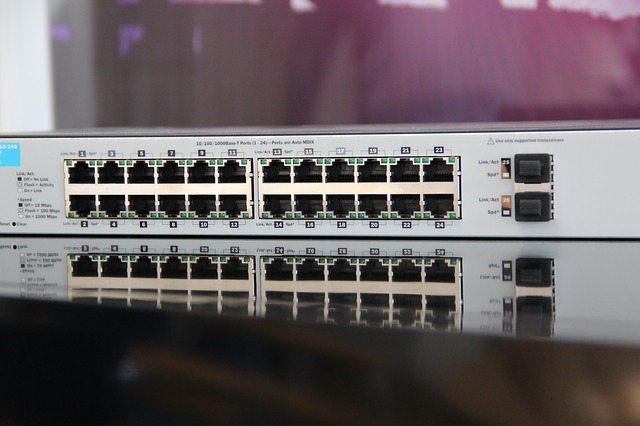If you own a growing business, and you’ve got a small office with a few computers to manage, then your existing consumer-grade router might be enough for most digital processes. But if you have a few industrial machines you’d like to connect to a network (and to the internet), a common router is definitely not enough. Here are a few reasons why:
Security
A password might be sufficient to ensure only authorized electronics are accessing your internet connection, but regular routers are still susceptible to data theft by hackers. It might not be that big of a problem at home, where you’re only checking your social media or casually browsing through blogs, but your machines are feeding significant data to each other and to you, so you wouldn’t want outsiders to interfere with your business processes. An industrial router like the robustel r2000 gives you the confidence that your machines are controlled by the right people, and are impervious to unsolicited public attention.

Speed
Most consumer routers, like the ones you find at coffee shops, airports, and even at home, can max out at a meager 60 mbps. I mean that’s more than enough for updating your Facebook status and watching a few Youtube videos here and there, but your machines will be working non-stop for prolongedperiods of time, and any hiccups in the cellular signal can be detrimental to the workflow. Industrial routers can support data transfers of up to 100 gigabytes per second, making sure data travels seamlessly between devices and to you.
Durability
It’s easy to guess that your household router works fine only if its kept safe indoors, where it’s protected from even the mildest of shocks and disruptions. But a cup of water or an accidental drop to the floor is enough to send it to the trash bin, and you’re forced to get a new one. A disposability like that is something your business can’t afford to keep spending on. You need industrial-grade routers such as the robustel r3000 that last longer than the warranties of 5 consumer routers combined, and can withstand the most severe weather conditions – may it be rain, snow, or unbearable extreme temperatures.
Value For Money
You’re better off spending $500 on connectivity for the next 10 years, instead of around $100 to $200 every two years when the consumer router breaks down. If you think about it, you’re actually paying less to get more. If you know the functionalities you’re getting when buying an industrial router (and any seller should help you with that), then your purchase can be risk-free and the best bang for your buck. Browse this website to find out more details.
